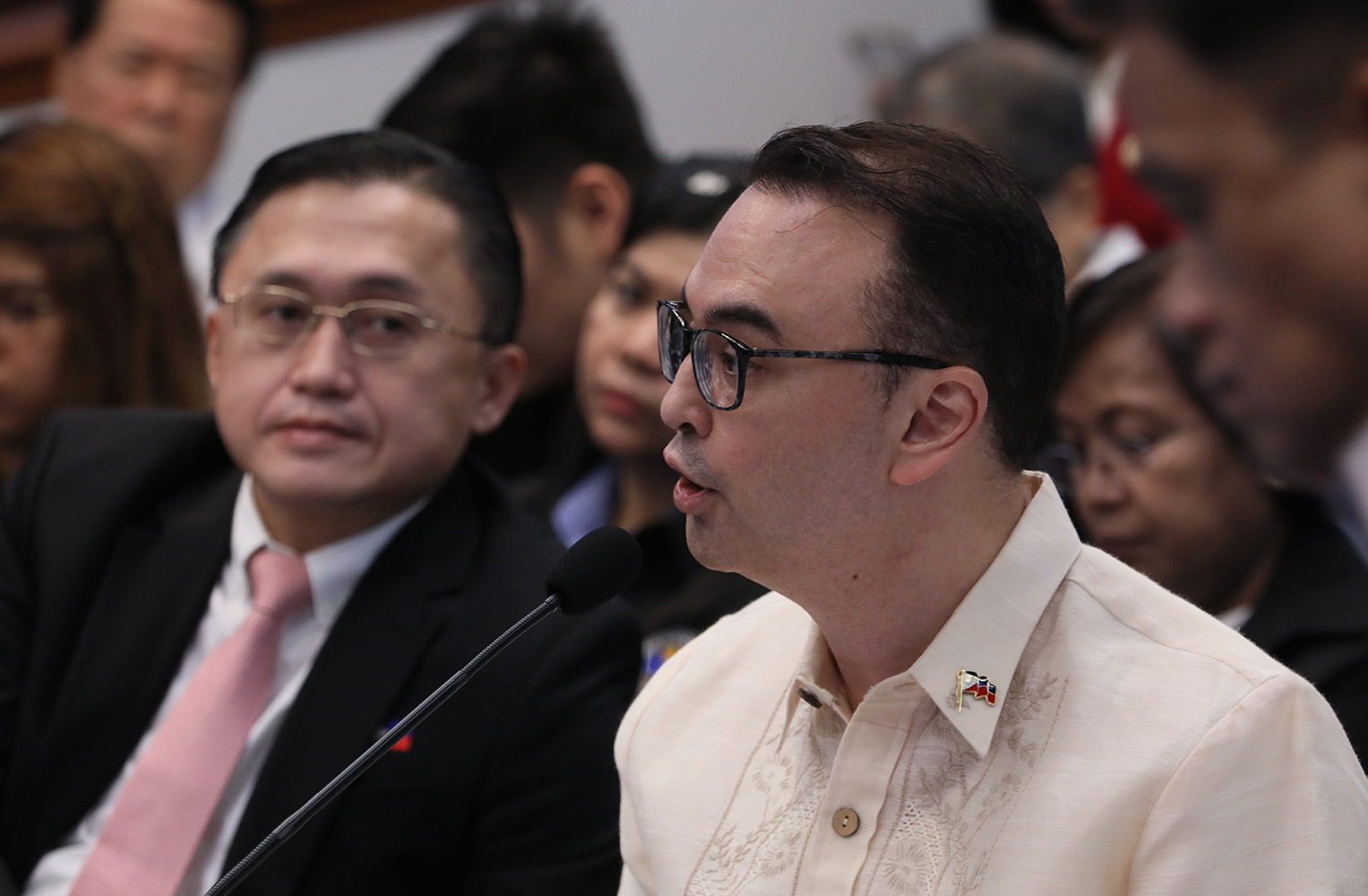Headline
Cayetano seeks dialogue with DBM on Covid-19 response funds
MANILA – House Speaker Alan Peter Cayetano is seeking a dialogue with the Department of Budget and Management (DBM) and congressional leaders to discuss the government programs and projects that would be affected by cost-cutting measures to augment funding for coronavirus response efforts.
In an interview on Sunday, Cayetano stressed the need for greater transparency and cooperation as the DBM imposed austerity measures in the public sector amid the health emergency caused by the coronavirus disease (Covid-19) pandemic.
He said funding for infrastructure projects must remain intact to generate jobs and help the economy withstand the impact of the Covid-19 crisis.
“The economic team has always been saying that the infrastructure program should not be touched, unless the project is useless or cannot be implemented, because infrastructure drives economic activity, especially in remote parts of the country. And in fact, it also fights insurgency,” he said.
Under National Budget Circular No. 580, the DBM said 35 percent of programmed appropriations under the 2020 national budget shall no longer be made available for release to government agencies starting April 1 this year.
The DBM also said at least 10 percent of the total released allotments to national government agencies for maintenance and other operating expenses (MOOE) and capital outlays that are not related to the Covid-19 response efforts shall no longer be available for obligation.
Cayetano said certain infrastructure projects cannot be postponed this year, as it would entail job losses, particularly in the construction sector.
“For instance, an ongoing multi-year bridge construction, you should not touch the funds for it. Implementation has to continue.
Remember, there is life after Covid-19 or after ECQ. It means that there should be development in every part of the country,” he said.
He noted that other allocations could be tapped in the 2020 national budget for Covid-19 response, such as travel funds and office supplies.
“For example, travel, what do we do with the budget for travel of the government since we are not traveling outside the country,” he said.
GDP loss, unemployment
Marikina City Rep. Stella Quimbo, for her part, warned that reducing spending for infrastructure programs at a crucial time when the government needs to keep the economy afloat would lead to a significant decline in gross domestic product (GDP) growth as well as a million job losses.
“Given its multiplier effects, a conservative estimate would show that a PHP100 billion loss in the infrastructure budget would translate into a corresponding drop in GDP valued at PHP300 billion,” said Quimbo.
Quimbo said that if labor accounts for 37 percent of the PHP100 billion cut in infrastructure spending, then the loss in wages would amount to PHP111 billion.
“If workers are paid PHP500 per day for 22 days per month for a period of six months, then total wages would amount to PHP66,000 per worker. Hence, a loss of P111 billion in wages for every PHP100 billion cut in infrastructure spending would mean 1.68 million workers losing their jobs,” she said.
Cayetano has vowed to fast-track the passage of the proposed Philippine Economic Stimulus Act (PESA), which aims to help transition the economy to a post-Covid-19 scenario, ensure business continuity, retain and create jobs, and protect poor families and other vulnerable sectors.
Quimbo, who is among the principal authors of the bill, said a fiscal stimulus package is needed to help businesses avoid losses, keep businesses going, and avoid worker layoffs.
“Business confidence needs to be restored: a vibrant business community is needed to keep employment levels high, so that levels of economic growth as targeted are achieved and, more importantly, are inclusive,” Quimbo said.
Rather than curtail infrastructure spending, Quimbo said the proposed PESA provides additional funding of PHP650 billion for the “Build, Build, Build” program so that it could be expanded to cover projects in universal health care, education, and food security.
These include projects for the construction, development, improvement or renovation of modern health facilities that will complement the Universal Health Care Law and national preparedness for surges in demand for pandemics; public-school facilities to create “Schools for the Future,” or schools geared towards competitiveness in the Fourth Industrial Revolution.
It would also fund infrastructure supportive of creative industries, and infrastructure for the agri-fishery industry geared towards food security and ensuring public health and nutrition.






















